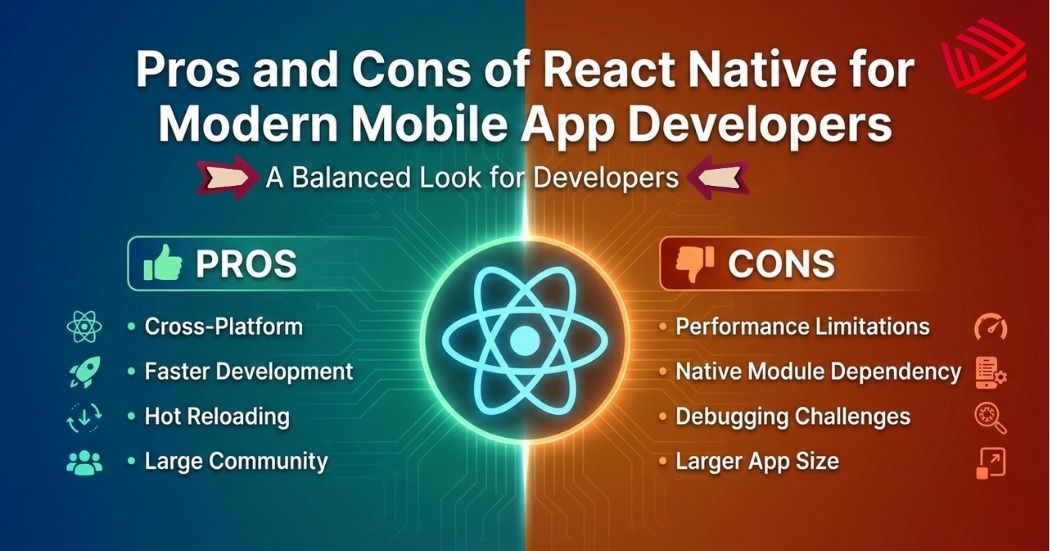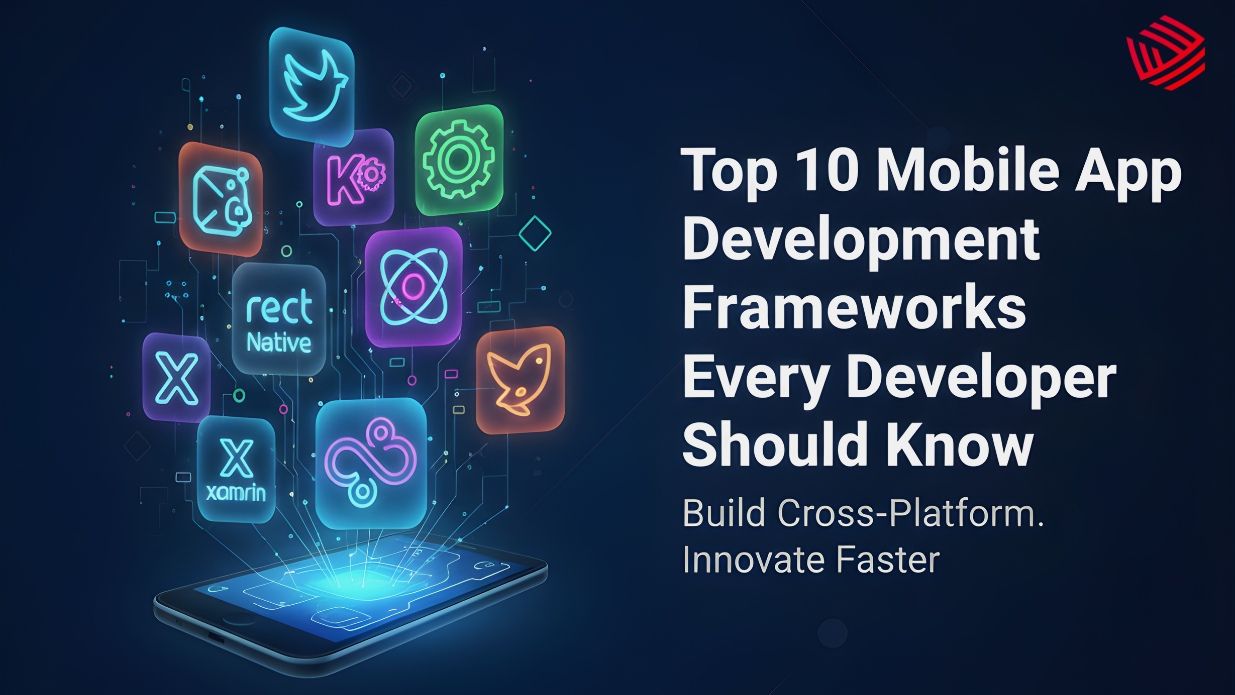
Pros and Cons of React Native for Modern Mobile App Developers
React Native has become a popular choice for building mobile apps, but it is not a one-size-fits-all solution. This in-depth guide explores its practical benefits, real limitations, and when it makes sense for modern mobile app developers.







 Transparency
Transparency










